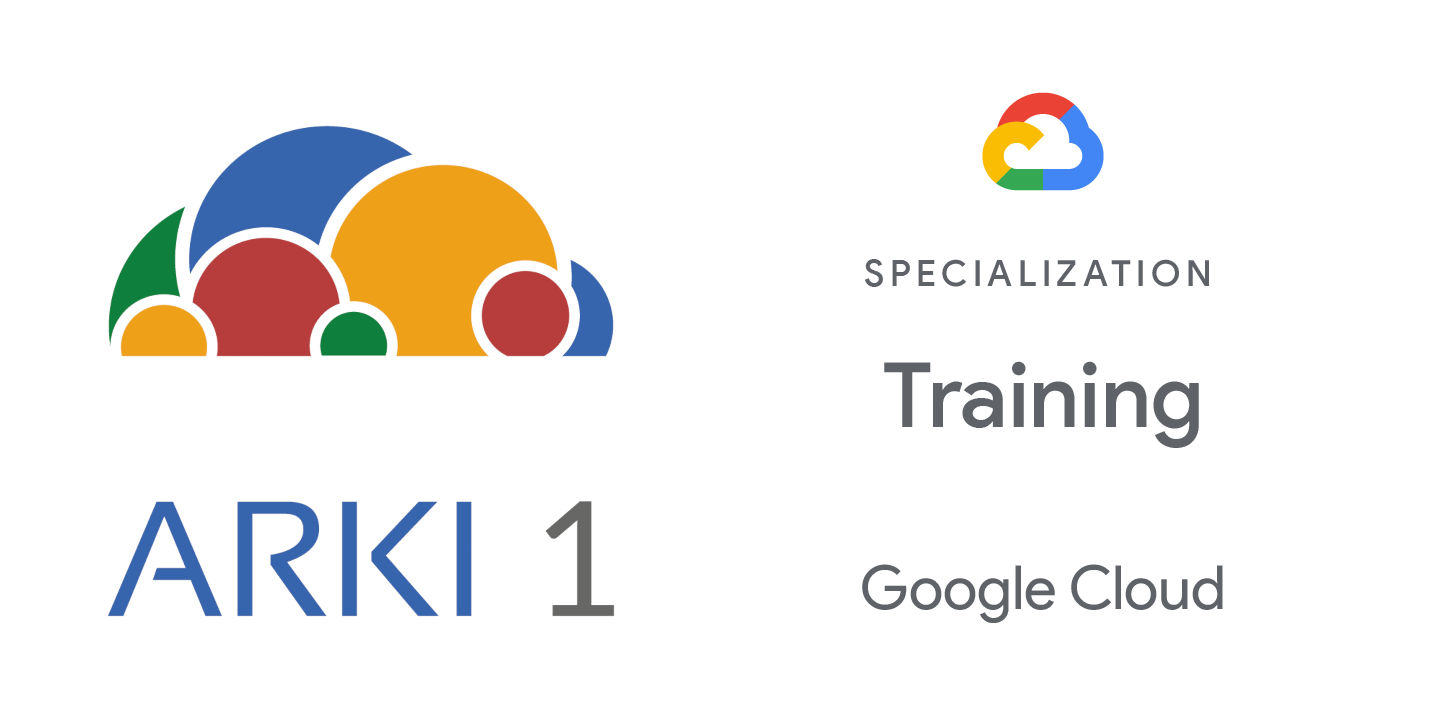Business professionals in non-technical roles have a unique opportunity to lead and influence machine learning projects. In this course, you’ll explore machine learning without the technical jargon. You’ll learn how to translate business problems into custom machine learning use cases, assess each phase of the project, and translate the requirements to your technical team.
Audience
This class is aimed at the following audience:
- Enterprise, corporate, or SMB business professionals in non-technical roles.
- Roles include but are not limited to: business analysts, IT managers, project managers, product managers.
- For senior VPs and above, Data Driven Transformation with Google Cloud is more suitable.
Prerrequisites
To fully benefit from this course, participants must comply with the following criteria:
- No prior technical knowledge is required.
- Saavy about your own business and objectives.
- Recommended: completing the Business Transformation with Google Cloud course.
Duration
~16 hours (2 days)
Investment
If you are interested in a class for your company, please contact us.
Course Outline
The course includes presentations, demonstrations, and immersive activities.
- Overview: what is machine learning?
- Key terms: Artificial intelligence, machine learning, and deep learning.
- Real-world examples of machine learning.
- Overview: five phases in a machine learning project.
- Phase 1: Assess the ML use case for specificity and difficulty.
- Brainstorm a minimum of three custom ML use cases.
- Common ML problem types.
- Standard algorithms.
- Data characteristics.
- Predictive insights and decisions.
- More real-life ML use cases.
- Why ML now.
- Features and labels.
- Building labeled data sets.
- Training an ML model.
- Evaluating an ML model.
- General best practices.
- Human bias and ML fairness.
- Part 1: custom ML use case proposal.
- Replacing rules with machine learning.
- Automating business processes with machine learning.
- Understanding unstructured data with machine learning.
- Personalizing applications with machine learning.
- Creative use cases with machine learning.
- Key considerations.
- Formulating a data strategy.
- Developing governance around uses of machine learning.
- Building successful machine learning teams.
- Creating a culture of innovation.
- Summary, presentations, feedback form.

